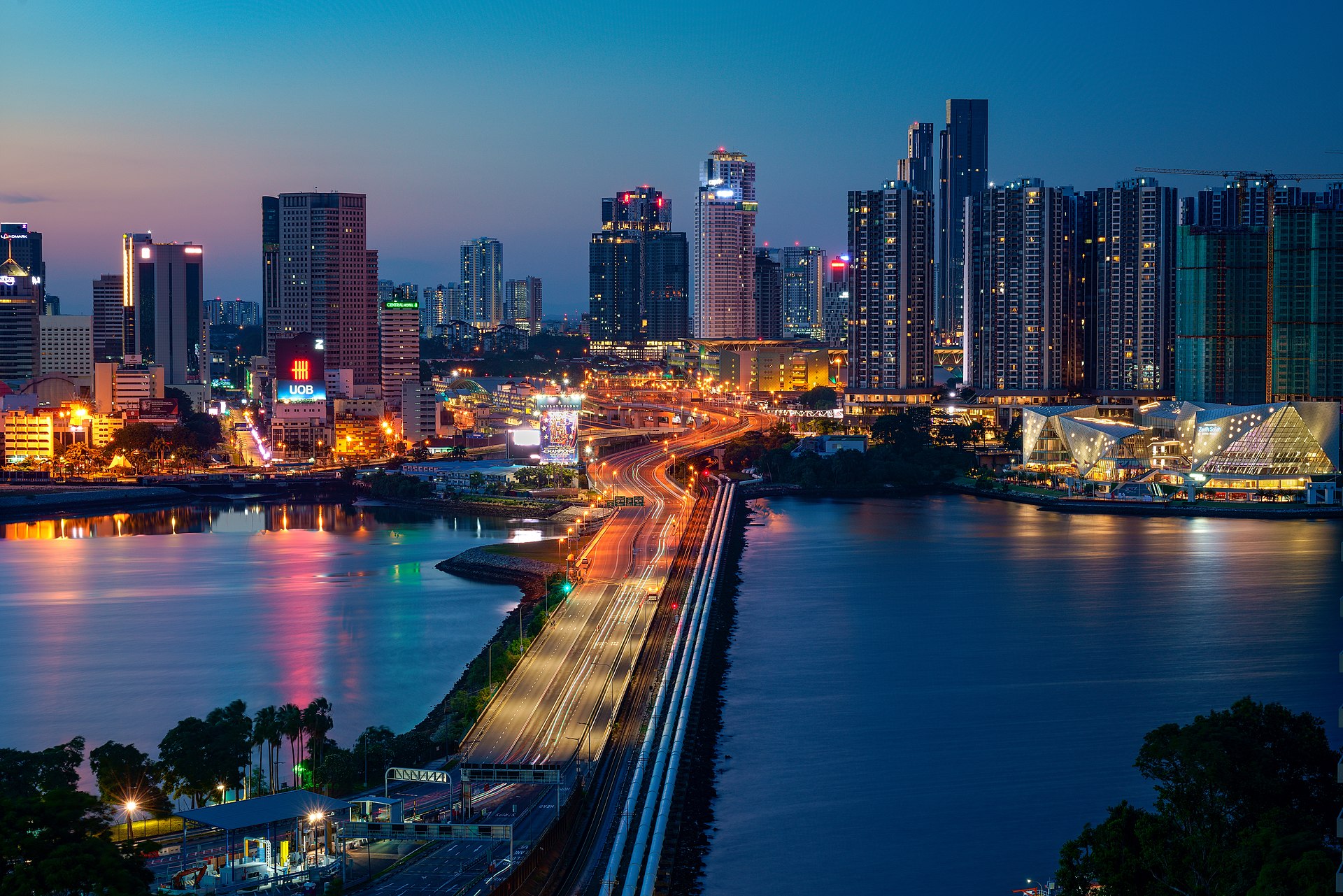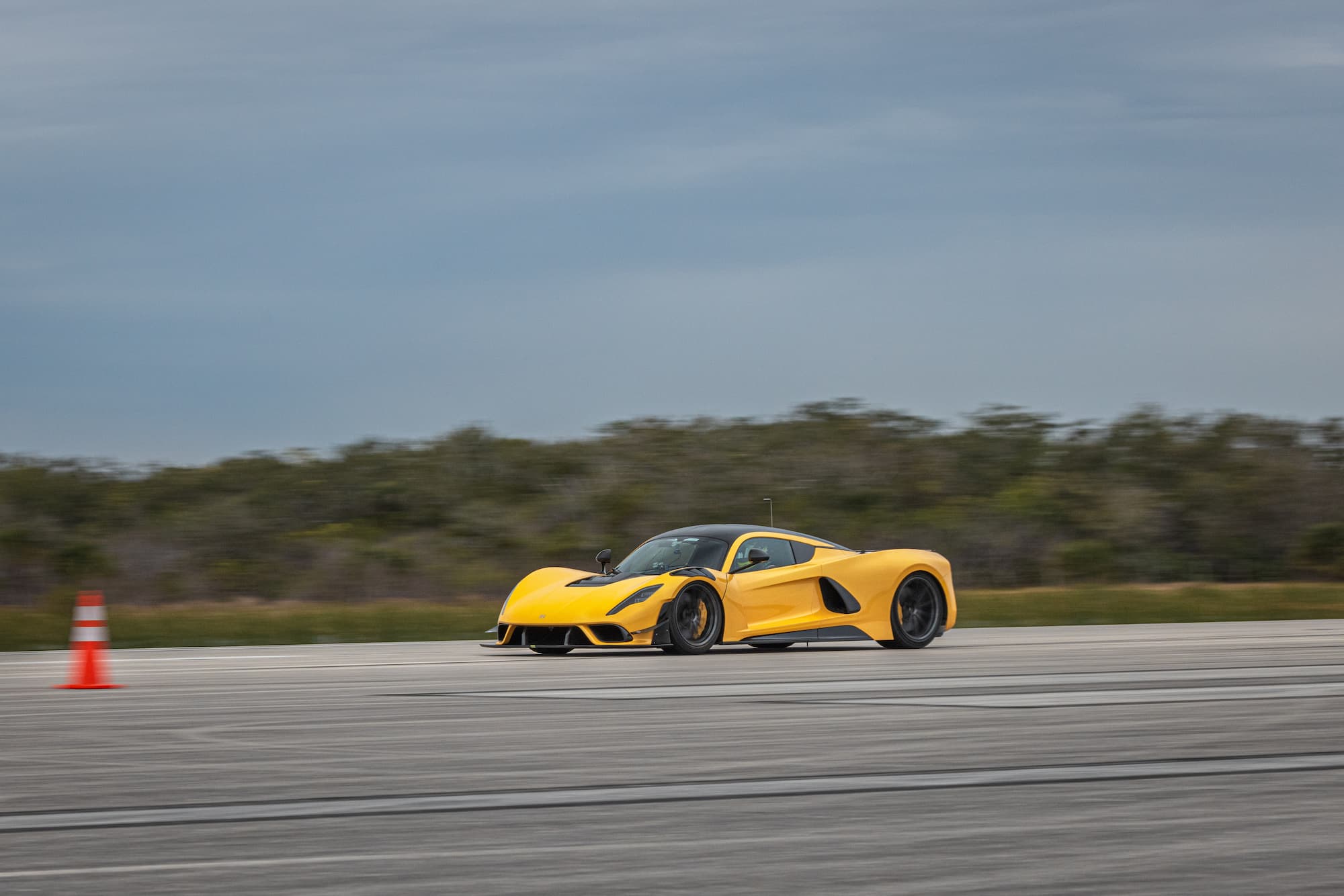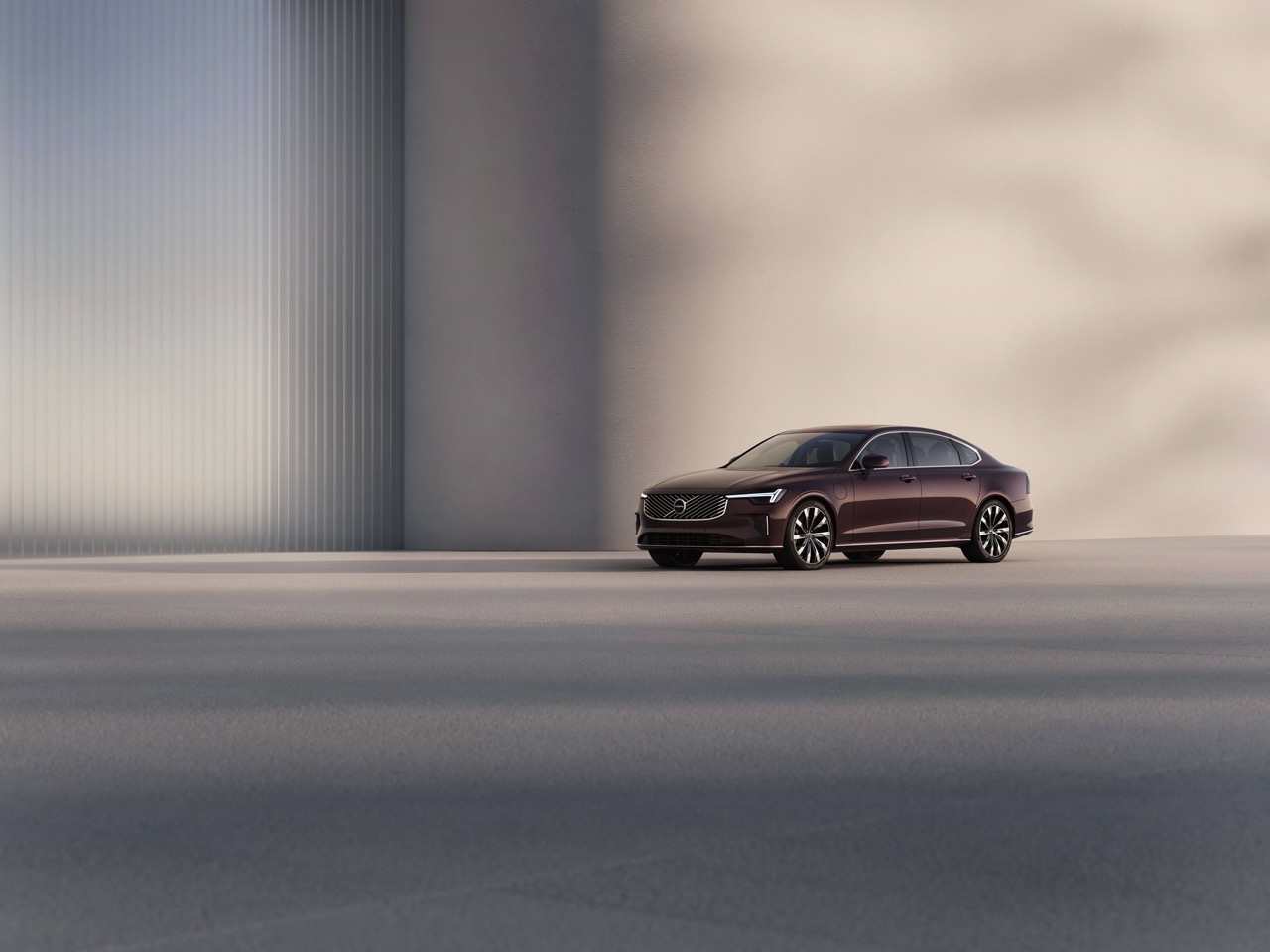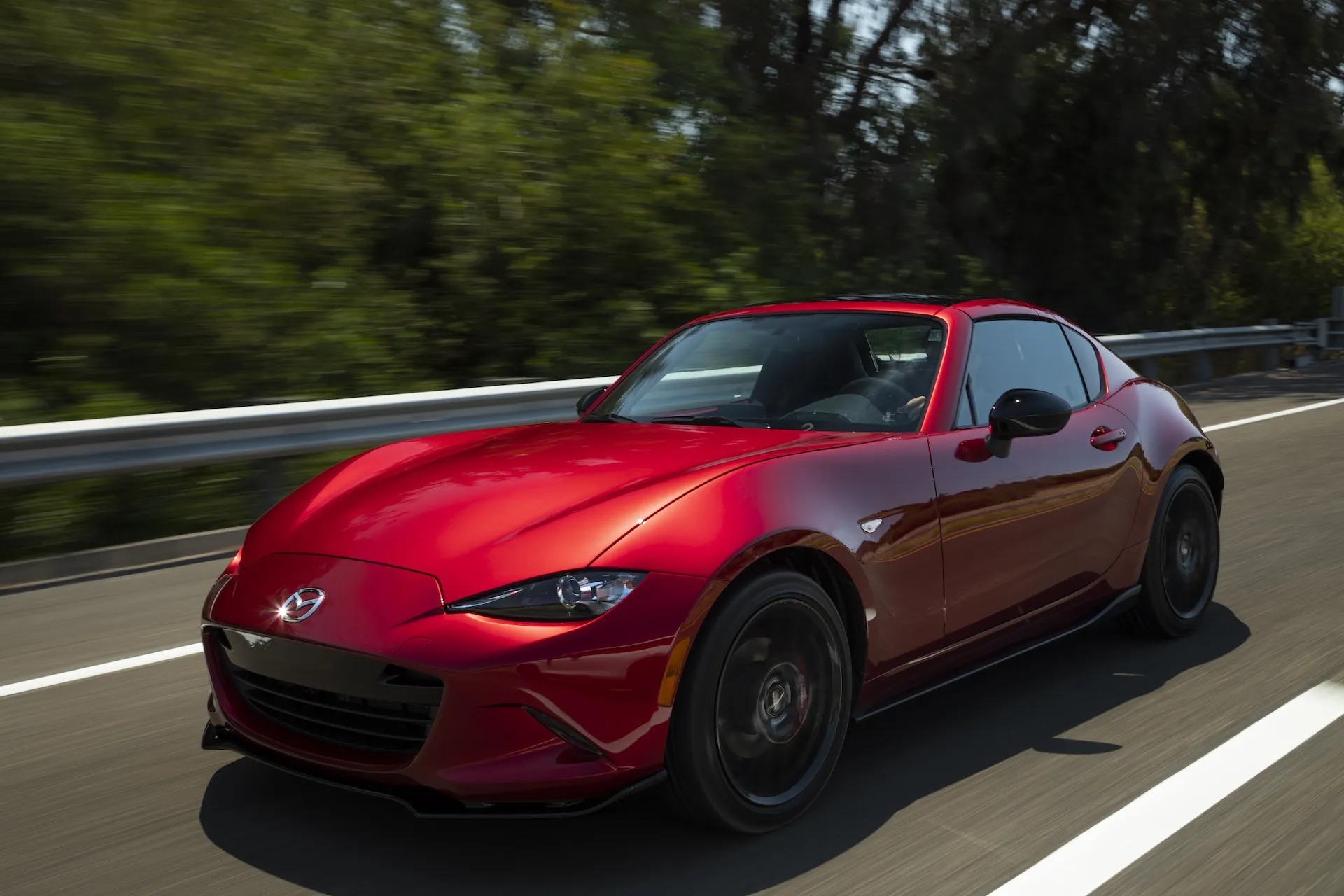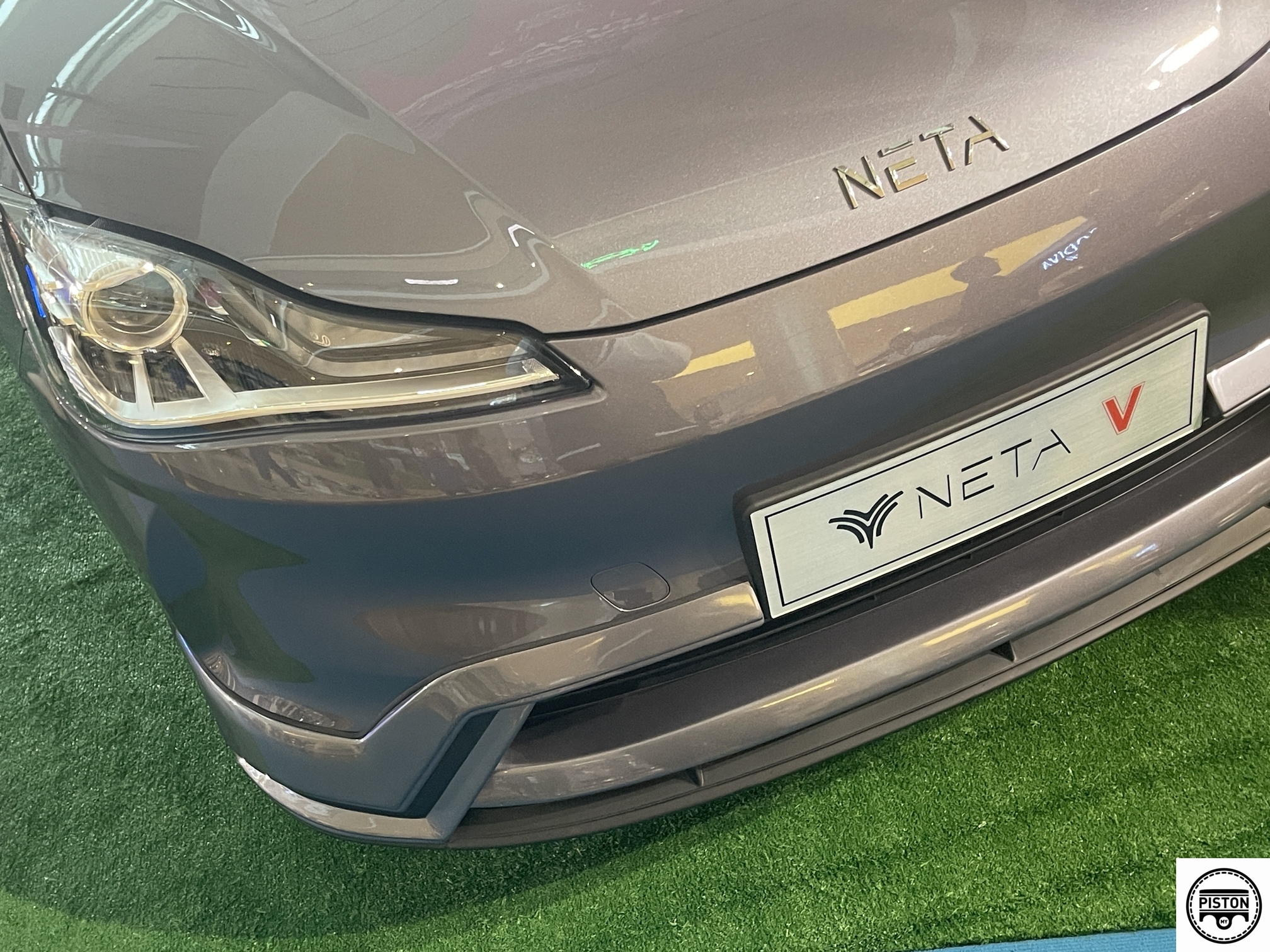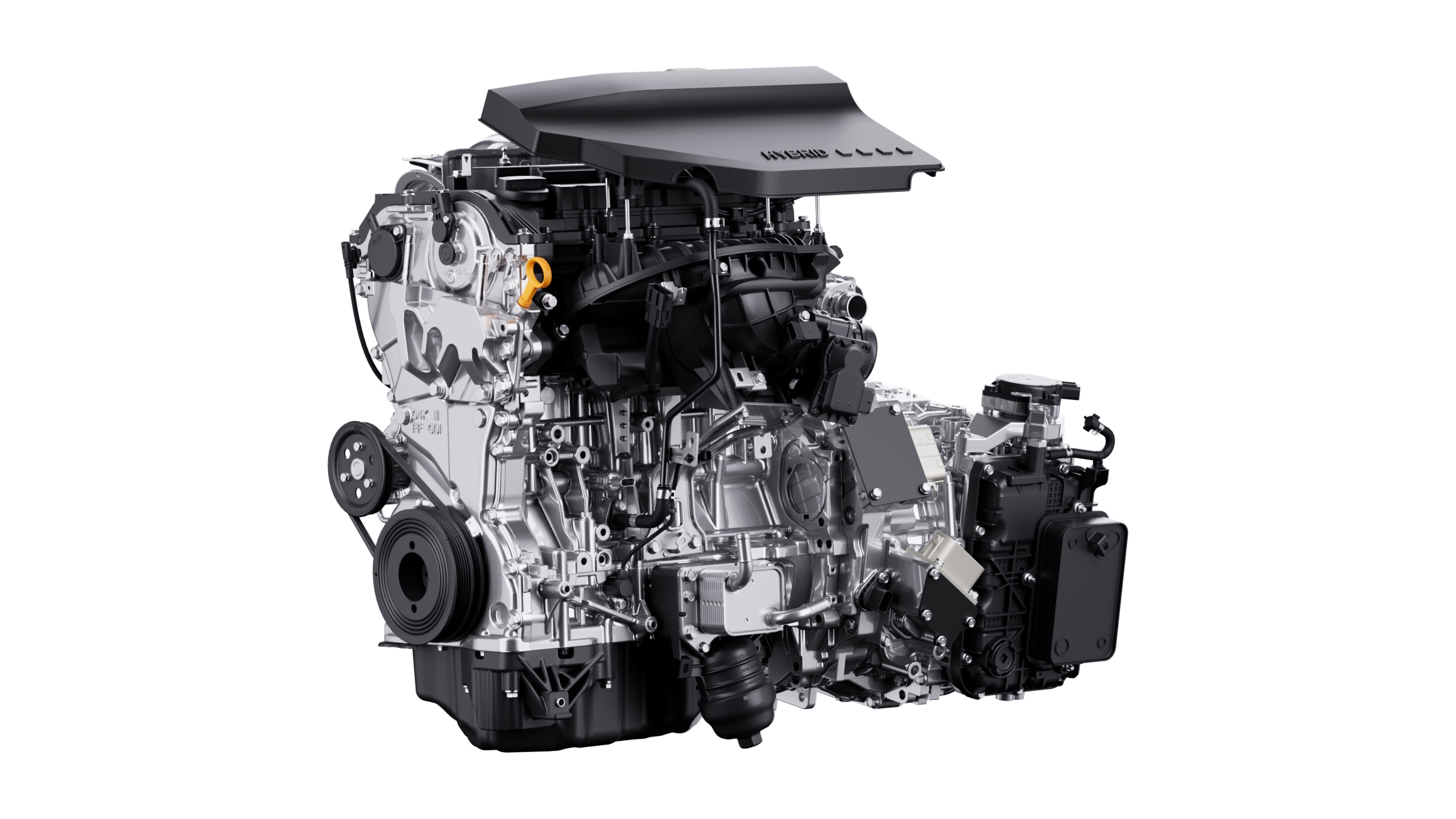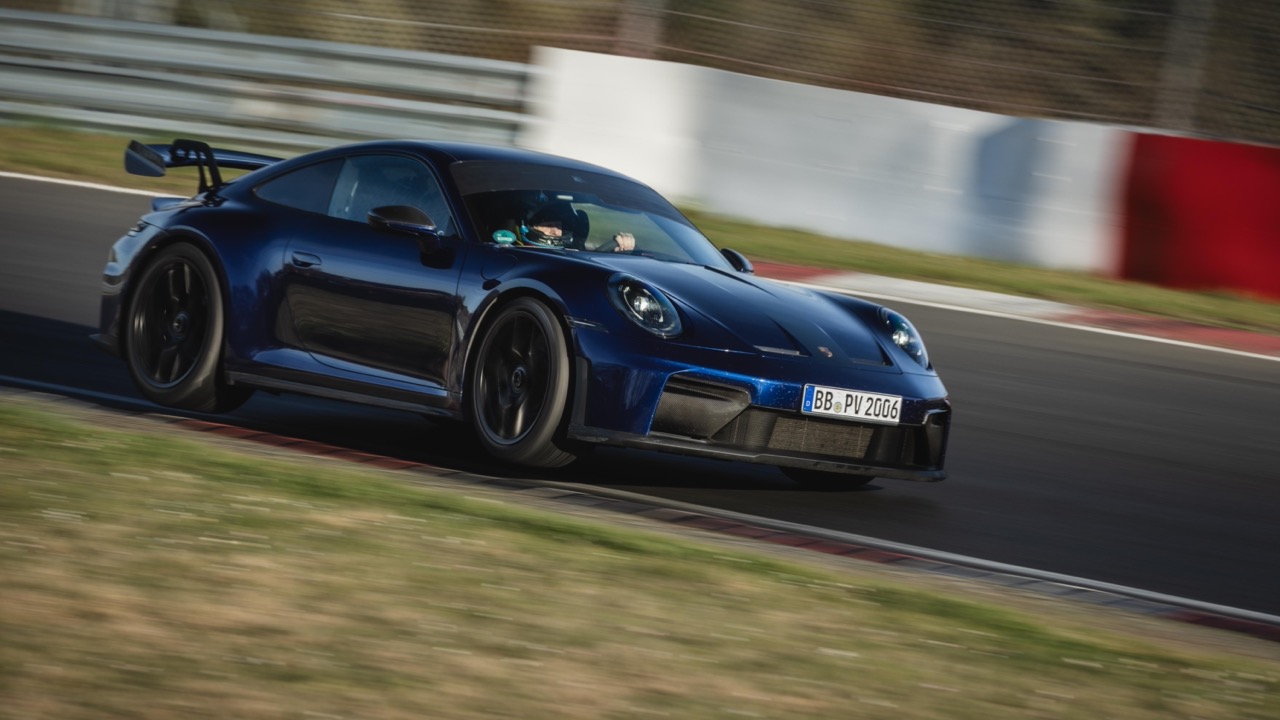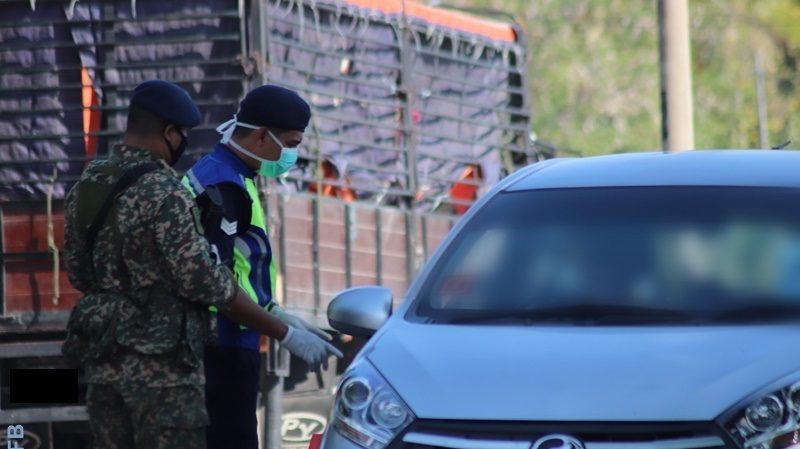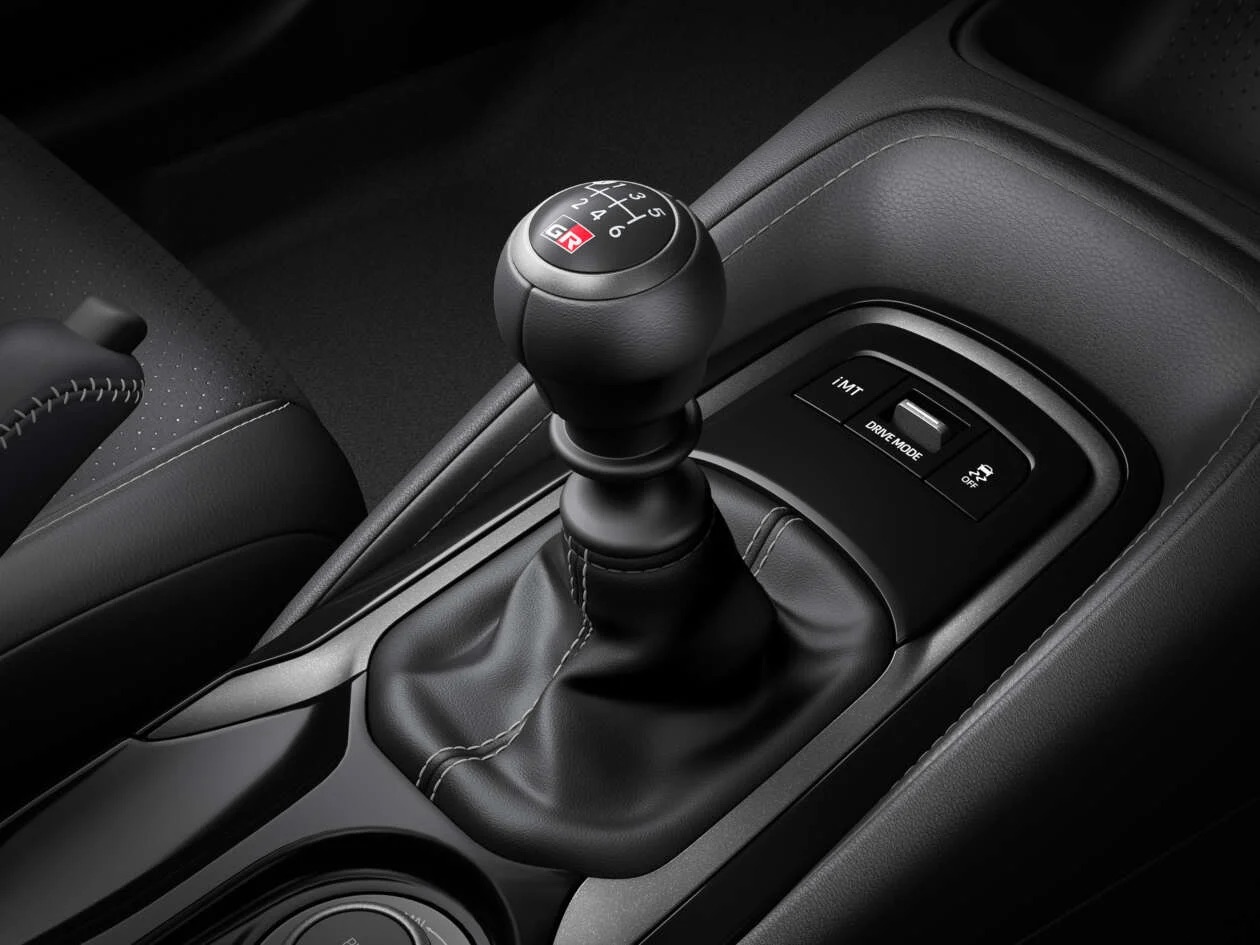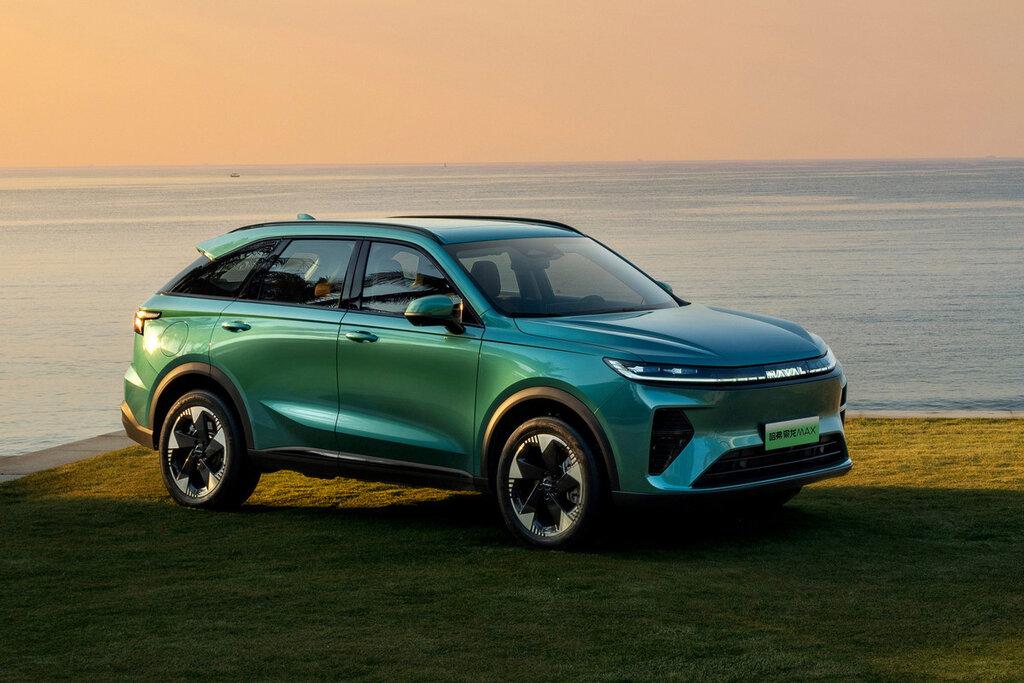Beginning next year, the use of Quick Response (QR) codes at the Johor Causeway will extend beyond buses and motorcycles to include other modes of transportation, announced Home Minister Datuk Seri Saifuddin Nasution Ismail.
Currently, QR codes are utilised by Malaysians travelling to Singapore by bus via the Sultan Iskandar Building (BSI) and motorcyclists using the automated MBike Immigration clearance system at the Sultan Abu Bakar Complex (KSAB). While no specific timeline for the implementation was disclosed, Saifuddin confirmed that the procurement process will be finalised within the current financial year.
Decisions from the Special Committee Meeting
Saifuddin made the announcement after attending the Special Committee Meeting to Address Congestion at the Johor Causeway, joined by high-ranking officials, including:
- Deputy Prime Minister Datuk Seri Fadillah Yusof
- Johor Menteri Besar Datuk Onn Hafiz Ghazi
- Communication Minister Fahmi Fadzil
- Deputy Transport Minister Datuk Hasbi Habibollah
- Deputy Works Minister Datuk Seri Ahmad Maslan
- Deputy Economy Minister Datuk Hanifah Hajar Taib
The meeting agreed to expand QR code usage to other modes of transportation, aligning with Malaysia’s preparation to host the 2025 ASEAN Chairmanship and the Visit Malaysia Year in 2026.
Addressing Future Demand
Saifuddin highlighted the anticipated rise in travel between Malaysia and Singapore, projecting a total of 150 million travellers in 2024, up from 116 million in 2023. This underscores the importance of seamless border management to accommodate growing demand.
Improvements Achieved with QR Codes
The introduction of QR codes has already proven effective in reducing congestion at the Causeway, with waiting times dropping from 120 minutes in June to just 20 minutes currently.
State Support
Johor Menteri Besar Datuk Onn Hafiz Ghazi expressed his support for the federal government’s initiatives, emphasizing Johor’s commitment to assisting efforts to alleviate border congestion.
The expansion of QR code usage marks a significant step toward modernizing border processes and improving the overall travel experience between Malaysia and Singapore.




